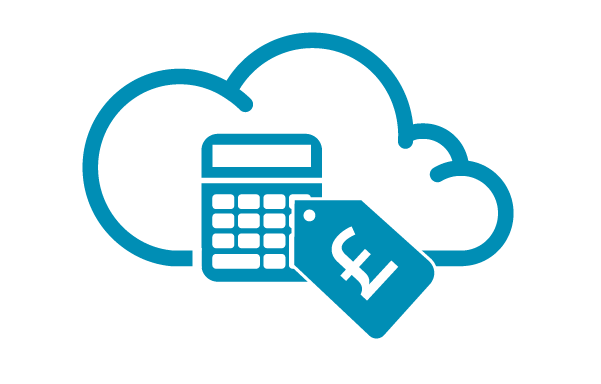Business Scenarios
In order to make sense of the opportunities that We are Cloud presents today, please see some examples of business scenarios below. Talk to us to discuss in detail the most relevant business challenges you are faced with. At We are Cloud, we can assist you in learning more about our cloud services and how to implement a tailored, comprehensive solution specific to your business scenario or challenge.
Remote Working
Ensuring businesses the right balance of accessibility, flexibility and security for your IT, is key to increasing business productivity and competitiveness. Many small and medium sized businesses are looking to remote working initiatives to drive productivity upwards while reducing costs. But how can you give your users what they want, without breaking the bank, reducing productivity, or introducing unnecessary risks? We work with you to deliver customisable cloud solutions that help you overcome these inherent challenges.
Collaboration and Teamwork
Enhancing collaboration and simplifying teamwork means gaining agility across a large spectrum of activities and functions, which is key in today's competitive market. However we define it, effective collaboration solutions will combine the elements of project and work planning, file sharing and social task management into one unified whole. We are bringing together the technologies businesses need to make effective online collaboration a reality.
Reducing IT Costs
Many IT departments continue to struggle with IT cost inefficiency. High hardware investment costs and software upgrade barriers make IT Services inflexible, and IT infrastructure. In this context, the economy and agility benefits of We are Cloud mean that IT’s focus is now shifting towards a Software as a Service (SaaS) model, where content and applications are consumed ‘on-demand’ and paid for out of Operational Expenditure, rather than high up-front Capital Investment.
Security and Compliance
Cloud innovation continues to push forward business and security technology strategies. Storing company data with a We are Cloud solutions offers numerous advantages over traditional data storage in the workplace, but many companies are understandably cautious about their data being stored and accessed over the Internet. At We are Cloud, we adhere to very strict privacy policies and sophisticated security measures that mean it can actually be more secure in the cloud than on-premise.
Bring Your Own Device (BYOD)
"BYOD" policy is on every IT manager's radar, but is it mainly a strategy to boost employee productivity, or a security breach waiting to happen? BYOD describes a growing trend where employees are allowed to bring personally owned mobile devices to their place of work, and use them to access privileged company resources such as email, file servers and databases, as well as their own personal applications and data. Understanding cloud based services can help IT managers and Service Providers answer the key question they face concerning BYOD: how do we facilitate more flexible, efficient IT services, without compromising on security or usability?
Under BYOD, employees choose which technology or device they wish to use for work, rather than having it dictated to them as part of company policy. This can improve morale and productivity by empowering staff to work according to their own preferences – including the ability to choose applications which might not necessarily be made available by their enterprise.
Hardware Refresh
Never has the traditional, cyclical 'hardware refresh' strategy been under greater threat. Instead of replacing inefficient hardware every so often, IT managers today need to develop their roadmap for future cloud application deployment. Statistics show that SME’s currently replace server hardware every 3-4 years on average. This is mainly because pushing physical servers beyond that time usually ends up costing a business more in increased hardware maintenance, loss of efficiency and individual component failure. This practice is set to change dramatically though as the advantages of Cloud Computing become more apparent, and its disadvantages overcome.
Business Continuity and Disaster Recovery
Planning is key to ensuring your company can return to "business as usual" quickly and seamlessly following an event of major disruption. Most organisations today depend on the 24/7 availability of their critical IT systems and applications, yet how many of them have adequate Disaster Recovery (DR) protection in place should the worst happen? And how many of them actually test their DR plans on a regular basis? The reality is that, until now, DR has been perceived as too expensive, complex and unreliable for any but the most mission-critical applications. Cloud-based Backup and Recovery strategies are changing this status quo.

